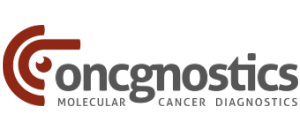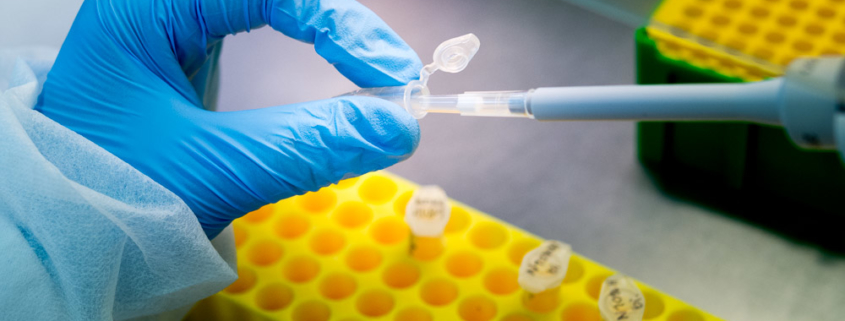Sepsis: In which Patients does the Immune System Break Down?
As part of a new EU consortium, Oncgnostics GmbH is investigating diagnostic possibilities of immune collapse after sepsis.
More than 140 people die every day in Germany of sepsis, commonly known as blood poisoning. Two thirds of them do not die from the out of control inflammatory reactions in the whole body, but rather from the consequences of a subsequent weakened immune system. Scientists from Germany, Belgium and Austria now want to investigate which patients are at risk, and how the dangerous breakdown of the immune system can be diagnosed as early as possible, in the joint project SEPSDIA (Development of an epigenetics-based blood test to detect immunosuppression in patients with sepsis). The aim is to identify markers in the blood of patients which can be used for an early test. As a specialist for epigenetic biomarkers, oncgnostics GmbH is providing scientific support for the project and carrying out analyses.
The Belgian company Diagenode, which is in charge of the joint project, is responsible for the development of the test kit, Platomics GmbH from Austria provides the software for the evaluation of the test results, and a research group from the Hospital of Anaesthesiology, Heidelberg University Hospital, is investigating the molecular mechanisms of sepsis.
Sepsis develops as a consequence of an infection, such as pneumonia, infected injuries or as a complication after major surgery. It starts from the site of infection, then the immune reaction spreads and the organism goes into a state of shock, resulting in organ failure. Yet thanks to modern treatment concepts in intensive medical care, this highly life-threatening condition is no longer the main cause of death for sepsis today. As dramatic as the initial over- and malfunctioning of the immune system can be, the subsequent phase in which the immune system collapses is no less dangerous, even if more silent. In these patients, new infections with pathogens, occur all the time, which are very typical of a weakened immune system. Patients often need intensive medical care for weeks or months, and sometimes antibiotic therapies fail.
‘Core of our business is the detection of characteristic changes in cancer cells using epigenetic markers, and we are now applying this expertise to a new medical field. This is what makes it attractive for us to actively participate in this project, by identifying and characterising DNA methylation markers in Sepsis,’ oncgnostics Managing Director Dr Martina Schmitz explains.
About oncgnostics GmbH:
Oncgnostics GmbH, based in Jena, specialises in the early detection of cancer. Its tests detect changes that are characteristic of the DNA of cancer cells. Founded in 2012, the company launched GynTect in 2015. As part of early detection of cervical cancer, the test clarifies whether cervical cancer or precursors thereof are already present. Oncgnostics GmbH also conducts research with the goal to develop tests for other types of cancer. Detailed information is available at www.oncgnostics.com.

 oncgnostics GmbH
oncgnostics GmbH